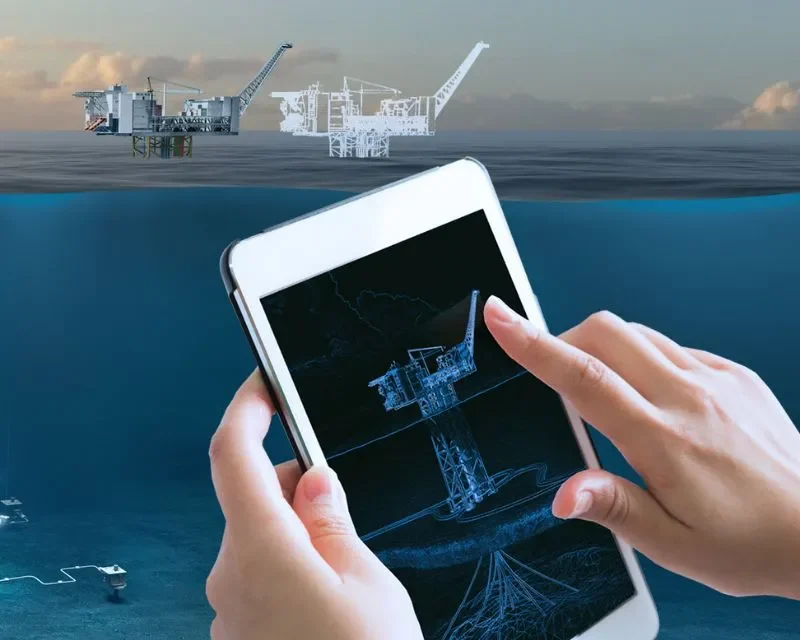Introduction
As the global demand for energy continues to grow, the role of petroleum engineers becomes ever more vital. Petroleum engineering is a field that combines innovation, science, and problem-solving to explore, extract, and produce oil and natural gas in an efficient and sustainable way. With the increasing need for skilled professionals in the oil and gas sector, education in petroleum engineering is more important than ever in preparing the workforce for the challenges of the future.
- The Scope of Petroleum Engineering
Petroleum engineering involves the exploration and extraction of fossil fuels through advanced techniques. Professionals in this field are responsible for designing equipment, managing drilling operations, and improving extraction methods. The discipline includes subspecialties such as drilling engineering, production engineering, reservoir engineering, and geotechnical engineering. Through education, students gain expertise in these areas, learning how to solve complex technical problems and optimize production. - Academic Programs and Curriculum
Petroleum engineering programs are offered at many top universities worldwide, offering both undergraduate and graduate degrees. The curriculum typically covers core subjects such as reservoir simulation, drilling techniques, fluid mechanics, geophysics, and well completion. Additionally, students are trained in safety, environmental issues, and sustainability, which are critical in today’s energy landscape. Practical experiences through internships, fieldwork, and research projects are also essential components of a comprehensive petroleum engineering education. - Career Opportunities and the Future of the Industry
Petroleum engineers are in high demand globally, with opportunities in both traditional oil fields and emerging markets. As renewable energy technologies continue to develop, petroleum engineers also play a key role in integrating sustainable practices into the oil and gas industry. The future of the field lies in finding cleaner methods of extraction and ensuring energy production meets both global needs and environmental standards.
Conclusion
Education in petroleum engineering is the foundation of a dynamic and evolving industry. By equipping students with the skills to innovate and adapt, we ensure a future of sustainable energy solutions. With its diverse career opportunities, petroleum engineering remains a critical field for the world’s energy needs.






